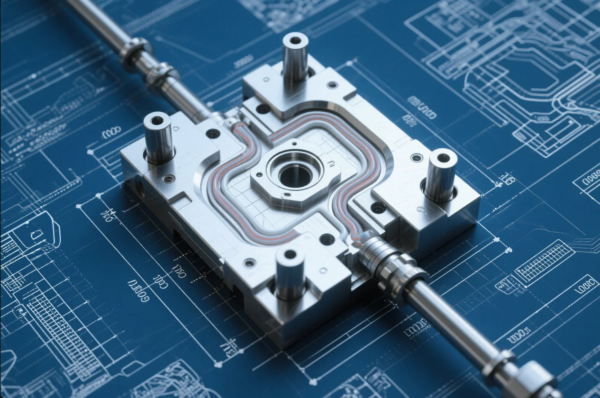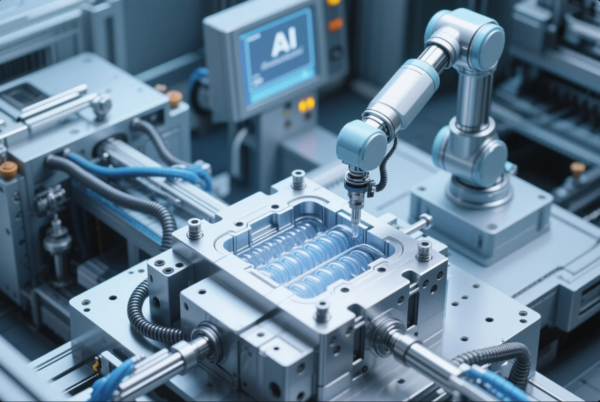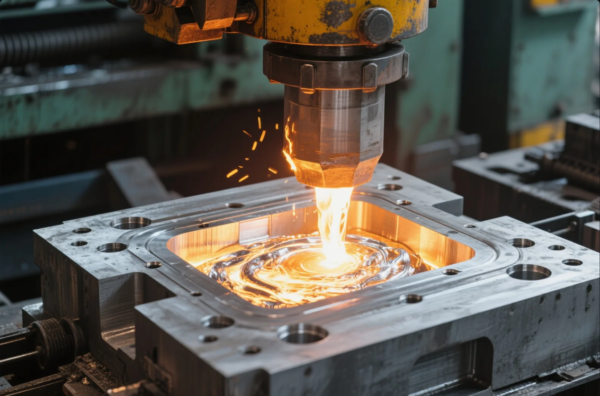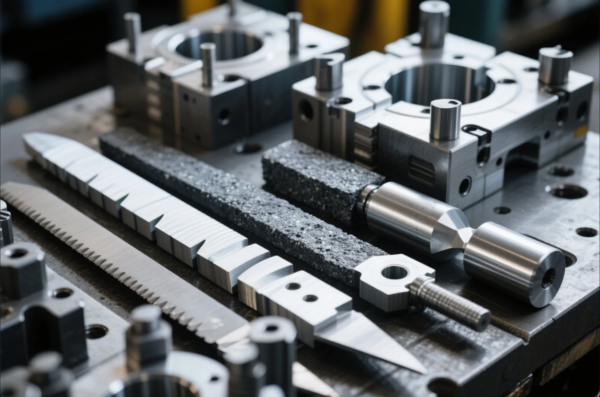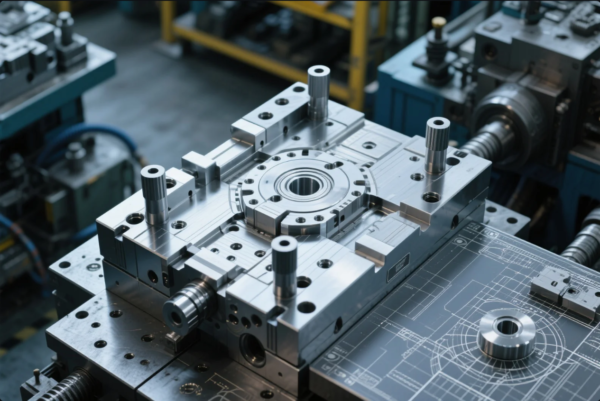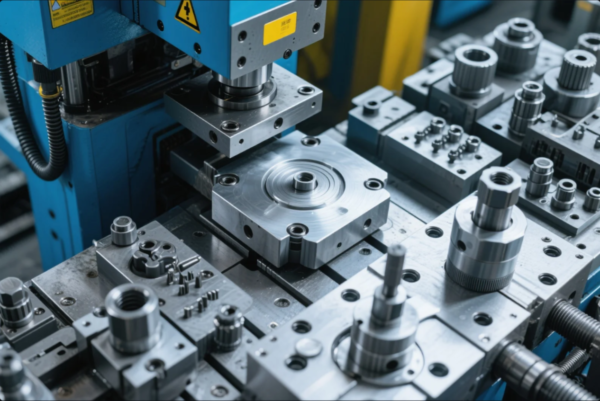Which metals do not corrode easily?
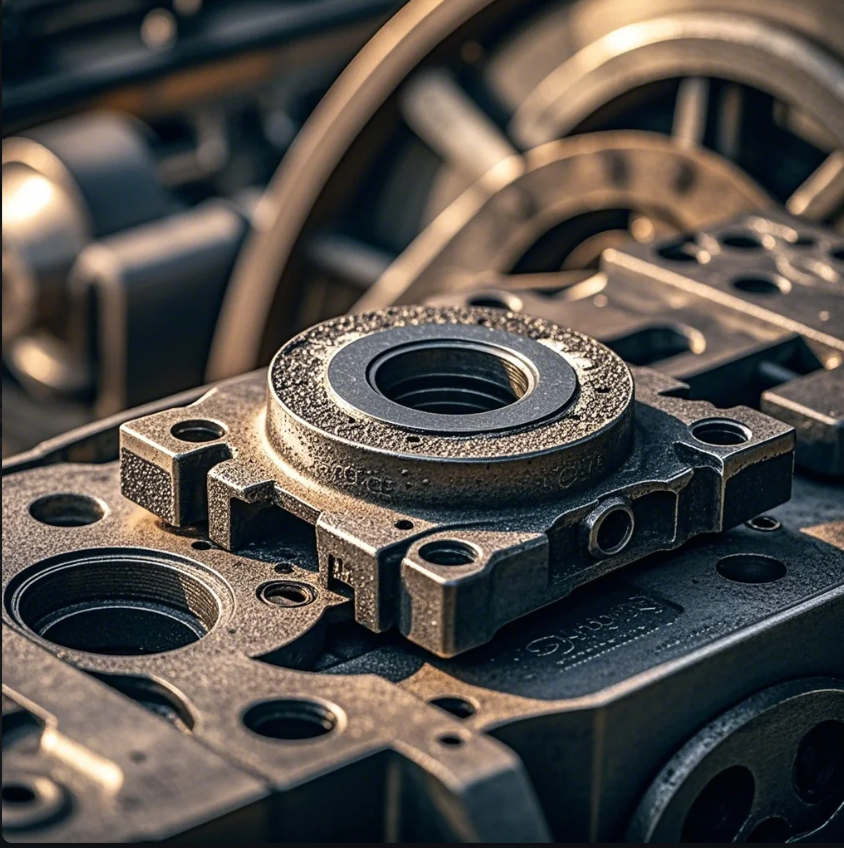
Corrosion is a significant issue in many industries, leading to wear and tear and reducing the lifespan of materials. But not all metals corrode easily. Some metals are naturally more resistant to corrosion, making them ideal for a variety of applications.
Snippet paragraph:
Metals that do not corrode easily offer significant advantages in durability and maintenance. Let's explore which metals are most resistant to corrosion and how they are used in various industries.
Transition paragraph:
Read on to discover which metals are most corrosion-resistant and how they can benefit your projects, from construction to electronics.
Which metals do not corrode easily?
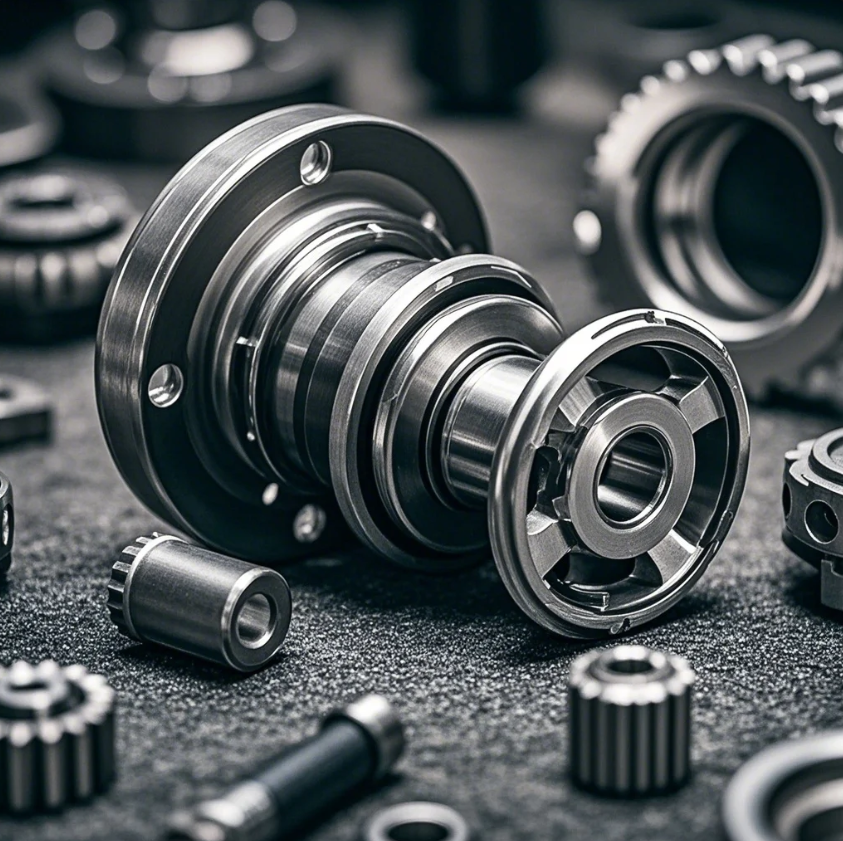
Certain metals have natural properties that make them highly resistant to corrosion, even when exposed to moisture, salt, or chemicals. These metals are prized for their longevity and are used in a wide variety of industries, especially in environments where metal deterioration could lead to safety hazards or expensive maintenance.
Metals with Low Corrosion Rates
-
Gold (Au)
- Gold is one of the most corrosion-resistant metals. It does not oxidize or tarnish, making it an ideal material for jewelry, high-end electronics, and various industrial applications. Gold is also highly resistant to acids and most corrosive elements, which is why it has been used for centuries in electronics and luxury items.
-
Platinum (Pt)
- Platinum is resistant to oxidation and corrosion, even in extreme environments. It is used in automotive catalytic converters, jewelry, medical devices, and certain industrial processes. Platinum’s resistance to corrosion, combined with its stability at high temperatures, makes it invaluable for use in chemical industries and high-end products.
-
Titanium (Ti)
- Titanium is well known for its excellent corrosion resistance, especially in marine environments. It is widely used in aerospace, medical implants, and marine applications. Titanium’s ability to withstand seawater and aggressive chemicals makes it ideal for harsh conditions. Additionally, its lightweight and strong properties make it an essential material in aerospace engineering.
-
Stainless Steel (Cr + Ni)
- Stainless steel, made from iron, chromium, and nickel, is highly resistant to rust and corrosion, making it ideal for kitchen appliances, medical instruments, and construction materials. The chromium content in stainless steel forms a protective oxide layer that prevents further rusting, which makes it durable and easy to maintain.
-
Zinc (Zn)
- Zinc naturally forms a protective oxide layer, preventing further corrosion. It is commonly used for galvanizing iron or steel to improve their resistance to rust. Zinc is also used in batteries, roofing materials, and some alloys due to its corrosion-resistant properties.
Why Some Metals Resist Corrosion
Metals like gold and platinum resist corrosion because they do not react readily with water or oxygen. These noble metals are chemically stable, which allows them to remain intact over long periods without deteriorating. Stainless steel and titanium, on the other hand, form protective oxide layers on their surfaces when exposed to oxygen, which shields the underlying material from further damage.
The unique properties of these metals make them highly desirable in environments where longevity, durability, and minimal maintenance are critical.
What metal will not corrode?
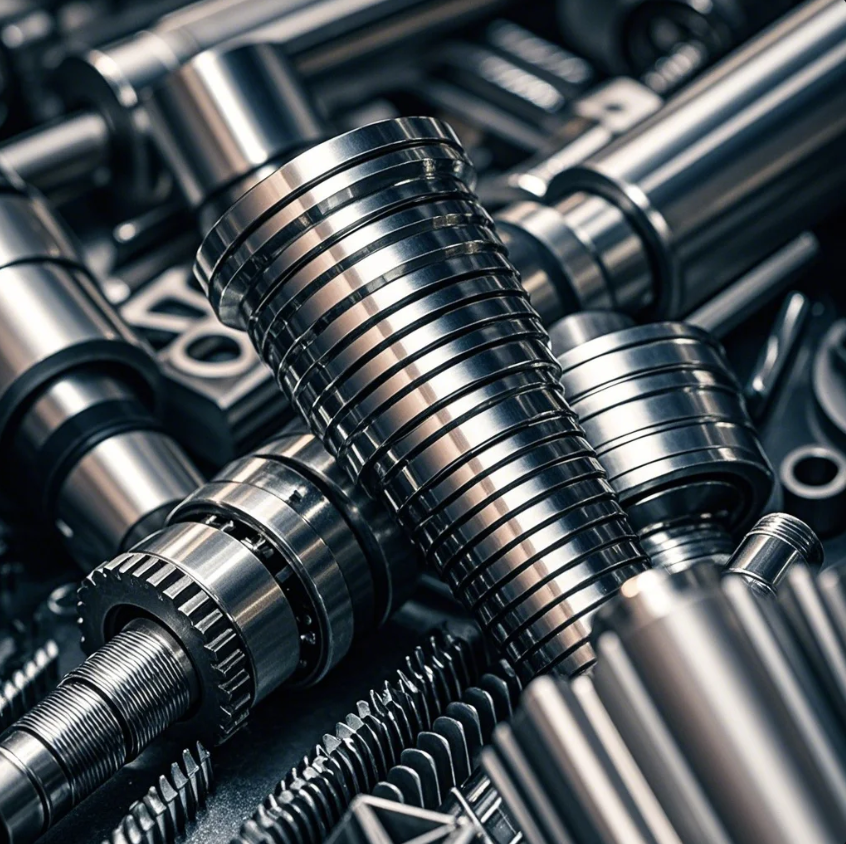
The noble metals, such as gold, platinum, and silver, are known for their incredible resistance to corrosion. These metals do not oxidize easily and can withstand harsh conditions, which is why they are highly valued in various industries, particularly in luxury goods and electronics.
Noble Metals and Their Corrosion Resistance
-
Gold (Au): Gold does not corrode because it is inert and does not react with oxygen or most acids. This makes gold the ideal choice for fine jewelry, high-value electronics, and even in aerospace applications. Its ability to maintain its form and appearance over time makes it a highly durable and long-lasting material.
-
Platinum (Pt): Platinum is highly resistant to corrosion and oxidation, even in extreme temperatures or highly corrosive environments. It is used in catalytic converters, where it must endure harsh conditions without degrading. Platinum is also frequently found in high-end jewelry and medical devices due to its resistance to corrosion.
-
Silver (Ag): While silver tarnishes over time due to its reaction with sulfur in the air, it does not corrode in the same way that many other metals do. Silver’s tarnishing process is an aesthetic issue and does not affect its structural integrity. This makes silver an excellent material for jewelry and coins, as well as electrical components where corrosion resistance is needed.
These noble metals are resistant to environmental damage and offer great stability, which is why they are often used in products that require longevity and resilience in extreme conditions.
Which metals corrode most easily?
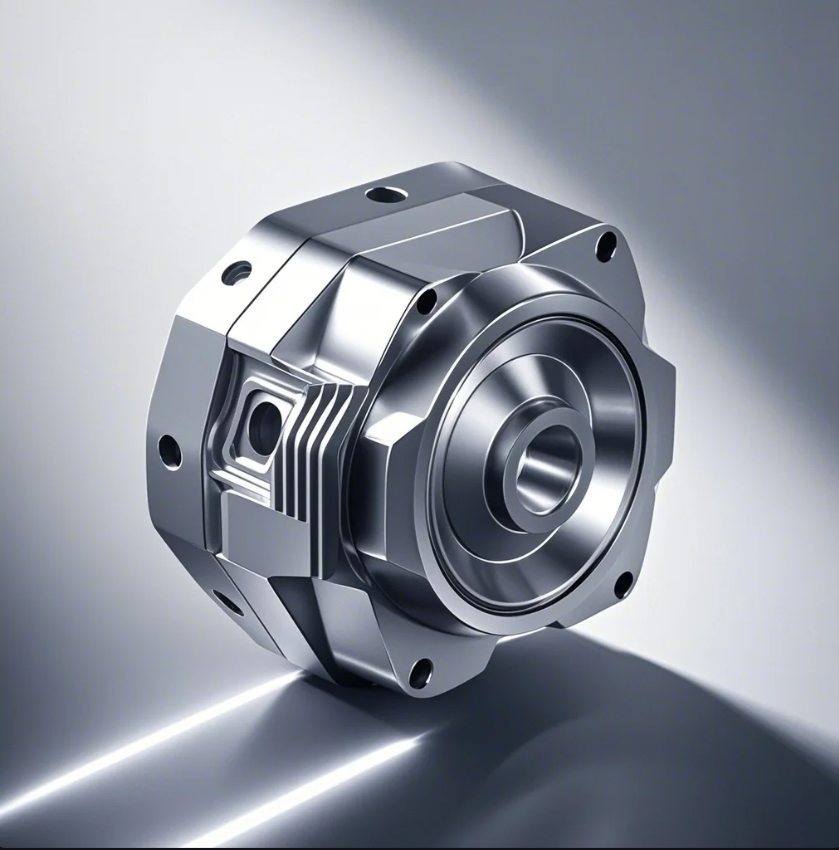
Some metals corrode more quickly than others, particularly when exposed to moisture, salt, or chemicals. These metals tend to oxidize or rust rapidly, leading to deterioration.
Metals That Corrode Easily
-
Iron (Fe)
- Iron is highly susceptible to corrosion. When exposed to oxygen and moisture, it rusts, forming iron oxide (rust). This rust weakens the material, reducing its structural integrity. This is why steel (an alloy of iron) often requires coating or galvanization to prevent rust.
-
Aluminum (Al)
- Although aluminum doesn’t rust in the same way iron does, it can still corrode when exposed to certain environmental factors, especially in salty or acidic conditions. Aluminum is protected by a natural oxide layer, but in harsh environments, this layer can be compromised, leading to corrosion.
-
Lead (Pb)
- Lead is prone to corrosion when exposed to moisture, which leads to the formation of lead oxide. Lead corrosion also releases toxic compounds, which is one of the reasons why lead is being phased out of many applications, such as plumbing and construction materials.
-
Magnesium (Mg)
- Magnesium is one of the most reactive metals and corrodes very easily when exposed to air or moisture. Magnesium alloys, although lightweight, are highly susceptible to corrosion, which limits their use in some applications unless special coatings or treatments are applied.
Why These Metals Corrode
The metals listed above tend to lose electrons when exposed to moisture, oxygen, or other chemicals, leading to oxidation and the formation of rust or other compounds. For example, when iron oxidizes, it forms iron oxide (rust), which can cause the material to weaken and break down over time. Other metals like lead and magnesium are also prone to the process of corrosion, especially in wet environments.
What is the most corrosion-resistant metal?
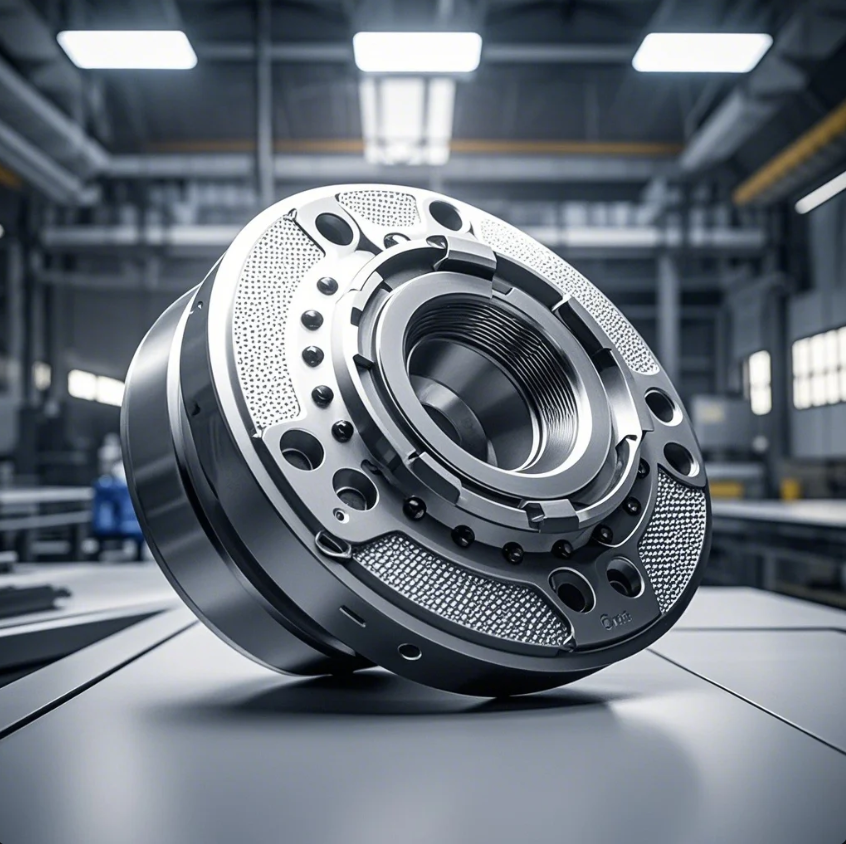
When it comes to the most corrosion-resistant metal, platinum is often considered the best. It does not rust, corrode, or tarnish, even in the most aggressive environments. Platinum is highly stable and resistant to oxidation, making it ideal for use in harsh conditions such as automotive catalytic converters, jewelry, and industrial processes.
Other Highly Corrosion-Resistant Metals
-
Gold (Au)
- Gold is widely considered one of the most corrosion-resistant metals due to its ability to withstand nearly all acids and environmental conditions without changing in appearance or structure. It remains inert and does not corrode under normal conditions.
-
Titanium (Ti)
- Titanium is highly resistant to corrosion in most environments, including marine and chemical industries. It’s particularly well-suited for applications where both strength and corrosion resistance are required, such as in aerospace and chemical processing.
-
Stainless Steel (Cr + Ni)
- Stainless steel, especially high-grade alloys, is resistant to corrosion caused by water, air, and many chemicals. It is often used in applications requiring durability, such as in the medical and food industries.
Why These Metals Are Corrosion-Resistant
The main reason these metals are corrosion-resistant is their ability to form protective layers on their surfaces. For instance, gold and platinum naturally form stable, non-reactive surfaces, while titanium and stainless steel form oxide layers that protect the metal from further corrosion.
Conclusion
Certain metals are highly resistant to corrosion, making them invaluable in industries where durability and longevity are essential. Metals like gold, platinum, and titanium are among the most corrosion-resistant, while metals like iron, aluminum, and magnesium are more prone to corrosion.
For projects where corrosion resistance is crucial, Prime offers high-quality, corrosion-resistant alloys and metal components that are tailored to your needs. With over 20 years of experience and a focus on fast delivery and top-notch quality, Prime is your trusted partner for durable, corrosion-resistant metals. Contact us today for a consultation and customized solutions!

